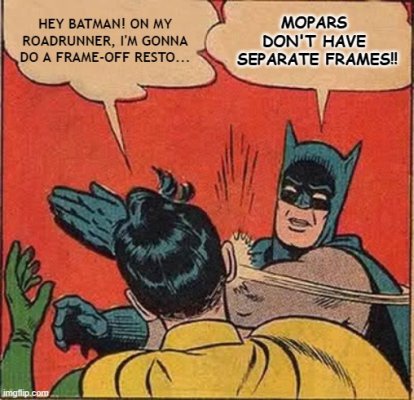 home
home>>
connect>>
ask an engineer>>
transportation>>
what’s the difference between a motor and an engine?
ASK AN ENGINEER
RELATED QUESTIONS
Browse all questions
What’s the difference between a motor and an engine?
As with almost any word, it all depends how far you go back in time for your definition…
By Sarah Jensen
As technologies and devices evolve, language must stay on its toes if we expect to understand each other when we talk about them. English-speakers are particularly flexible at adapting to progress. They’re willing to coin new terms, modify old meanings, and allow words that are no longer useful to pass from common usage. “The etymologies of ‘motor’ and ‘engine’ reflect the way language evolves to represent what’s happening in the world,” says MIT literature professor Mary Fuller.
The Oxford English Dictionary defines “motor” as a machine that supplies motive power for a vehicle or other device with moving parts. Similarly, it tells us that an engine is a machine with moving parts that converts power into motion. “We use the words interchangeably now,” says Fuller. “But originally, they meant very different things.”
“Motor” is rooted in the Classical Latin
movere, “to move.” It first referred to propulsive force, and later, to the person or device that moved something or caused movement. “As the word came through French into English, it was used in the sense of ‘initiator,’” says Fuller. “A person could be the motor of a plot or a political organization.” By the end of the 19th century, the Second Industrial Revolution had dotted the landscape with steel mills and factories, steamships and railways, and a new word was needed for the mechanisms that powered them. Rooted in the concept of motion, “motor” was the logical choice, and by 1899, it had entered the vernacular as the word for Duryea and Olds’ newfangled horseless carriages.
“Engine” is from the Latin
ingenium: character, mental powers, talent, intellect, or cleverness. In its journey through French and into English, the word came to mean ingenuity, contrivance, and trick or malice. “In the 15th century, it also referred to a physical device: an instrument of torture, an apparatus for catching game, a net, trap, or decoy,” says Fuller.
In the early 19th century, the meanings of motor and engine had already begun to converge, both referring to a mechanism providing propulsive force. “The first recorded use of ‘engine’ to mean an electrical machine driven by a petroleum motor occurs in 1853,” says Fuller.
Today, the words are virtually synonymous. “Language evolves to take on new tasks,” she explains. “Without thinking about it, we adapt to new meanings and leave the old behind.” We talk about our computer’s dashboard, unaware that in the 1840s, the word referred to the board at the front of a carriage that stopped mud from being splashed on the coachman. Similarly, the term “search engine” harks back to the older meaning of “engine” as a contrivance, suggests Fuller. First used in 1984 to mean “a piece of hardware or software,” the phrase may have been informed by Charles Babbage’s 1822 use of “engine” to mean a calculating machine.
The related word “engineer” was first used in 1380 to describe the constructor of military engines like siege works and catapults, and by the early 18th century, referred specifically to the maker of engines and machines. The OED lists a second definition of “engineer” as well. “It is synonymous with the older usage meaning ‘artifice,’” says Fuller. “An engineer is an author or designer of something, a person who contrives a plot, a schemer.” A definition one can only hope will soon pass from common usage.
Thanks to Jessie Steffen of Hutchinson, Kansas, for this question.
Posted: February 23, 2013
MIT School of Engineering | » What’s the difference between a motor and an engine?






